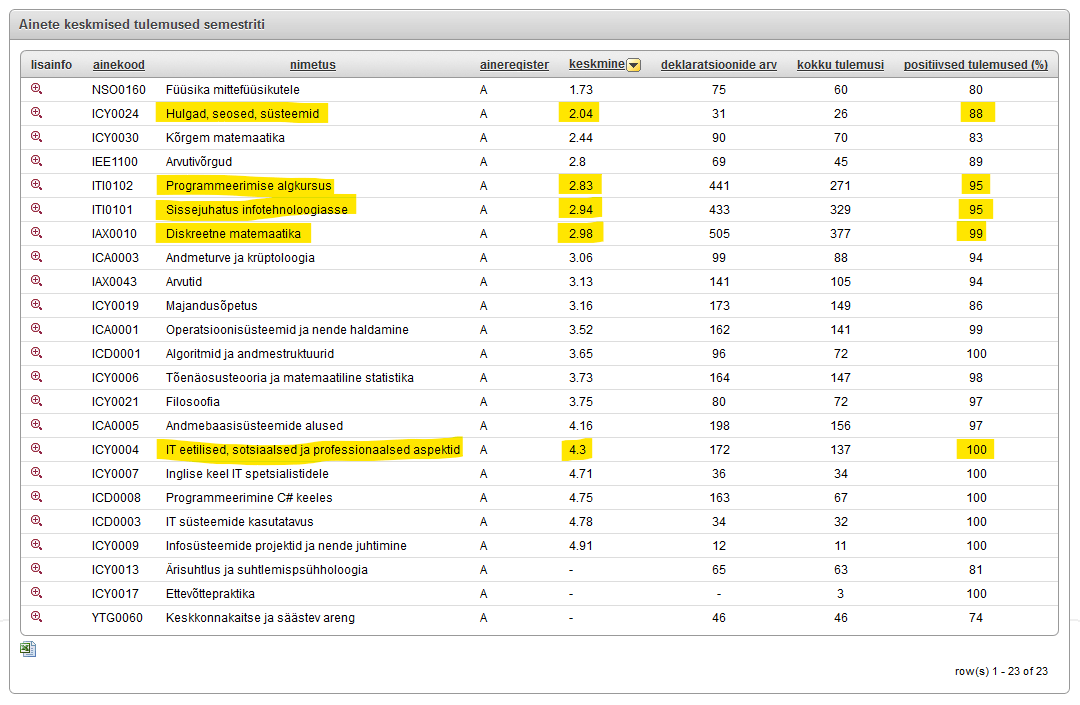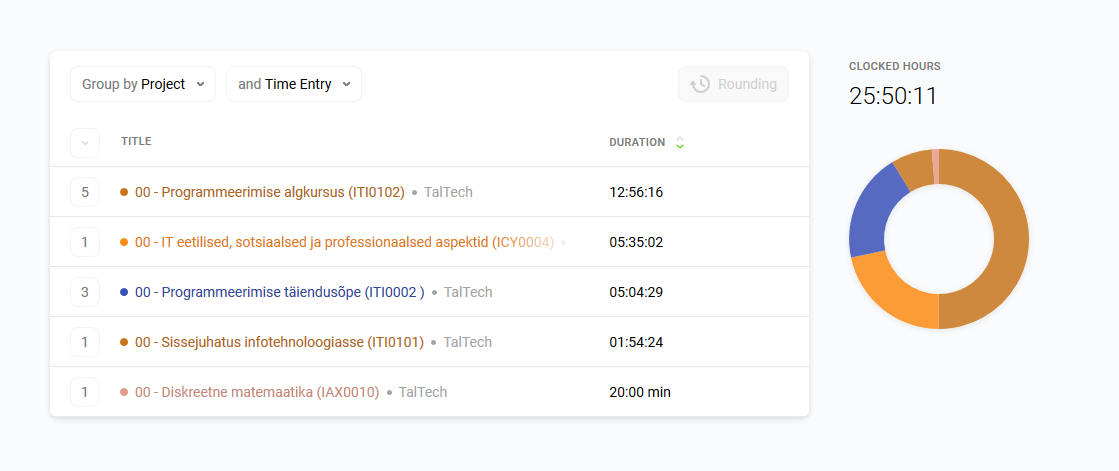See on üks “Sissejuhatus infotehnoloogiasse” kursuse loengutest, mis kuidagi on jäänud eriliselt meelde. Ma olen seda püüdnud sundida kuulama ka inimesi, kes tegelevad tarkvaraarenduse teenuse tellimisega, et nad saaksid paremini aru, mis on oluline, kuidas erinevad osapooled mõtlevad, kus on keerukused jne. See on väga hea üldine selgitus paljudele asjadele, mis tõenäoliselt ette tulevad.
Slaidid ja mõned ajapunktid ka:
- 7:20 Keegi ei aja lihtsust taga peale selle inimese, kes arhitektuuri eest vastutab. Enamik inimesi püüab teha tarkvara keerulisemaks, mitte lihtsamaks. Aga vaja oleks survestada teha lihtsamaks.
- 9:45 Tarkvarasüsteemid on automaatselt keerulisemad kui miski muu.
- 10:40 Kui arendaja kirjutab tarkvara, siis sa ei saa temast mõelda kui ehitajast.
- 34:30 Kui sa mõtled suurest süsteemis, siis nad kõik on frameworkid, mitte nagu lihtsalt installeeritav tarkvara nagu Word vms.
- 35:40 Info on igal pool väga erinev. Igal vennal on oma andmebaas. See vend, kes neid andmeid tahab kasutada, peab enne üldse aru saama, mis andmed seal on, mida sealt üldse küsida saab, kuidas andmed kodeeritud jne. Ta ei saa sellest kuskilt mujalt teada kui nende inimeste käest, kes seda arendasid 🙂
Loengus viidatud tekstid:
- Martin Fowler tarkvara arhitektuurist
- The law of leaky abstractions
- No silver bullet ja lühem kokkuvõte
- Paul Reeves: What is software design? vana artikkel ja What Is Software Design: 13 Years Later

